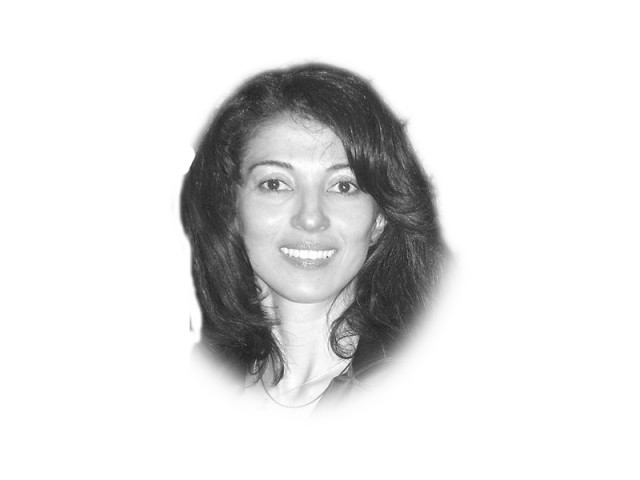What polio eradication can teach us
No medication will produce the desired effect if it is not applied in accordance with medical indications

The writer researches health services in public schools at Stanford University. She holds a PhD in human rights and development and has co-authored the book The Cost of Inaction on the impact of HIV/AIDS in children
Of the three, perhaps, the most debated situation is that of the polio vaccination crisis in Pakistan. The CIA-organised vaccination programme, a ruse designed to locate the al Qaeda leader by collecting DNA samples, undermined public confidence in legitimate health care services in Pakistan and other parts of the world, including in the United States, and exposed scores of legitimate health workers and officers to unnecessary risk, where many have been shot dead by assailants.
Public health policies should strengthen national health systems through democratic and participatory processes in communities and must define the specific health problems that foreign assistance should address. However currently, public health interventions for post-conflict countries tend to have a paternalistic bias that at times recalls the authoritarian tone of the medical police of the 18th century. Foreign health interventions often use selective attention focusing efforts on behalf of quick results for a determined group and inevitably denying local alternatives of dealing adequately with socioeconomic determinants of health. In other words, punctual interventions as well-intended as they may be, might manage to reduce mortality rates but may perpetuate deplorable living conditions and more complex health challenges in the long run. This could be the case in Afghanistan where, since the Afghan Taliban allowed vaccination in recent years, there has been a decline in polio cases. But challenges remain in poor communities where there is no running water or electricity.
In principle, decisions on public health tend to have a participatory nature. All public health programmes recognise the importance of active participation. No medication will produce the desired effect if it is not applied in accordance with medical indications: patients must accept their condition, accept treatment, understand the basics of treatment and, in most cases, decide to actively follow the medical indications. This conscious and active participation is a form of agency that can be transferred from the individual health level to the health of the family and the health of the community. Moreover, just as individuals usually focus on satisfying their own basic needs before engaging in community or political groups, ensuring access to health as a human right is essential for individuals to actively mobilise and participate in political and democratic processes in their societies. It is essential that the development of public health interventions for post-conflict contexts respects the principles of independence, autonomy and local authority and includes strategies to coordinate public health policies in the medium and long term.
In addition, as an ethical principle, human rights should guide policies in post-conflict transitions. Health interventions and foreign cooperation is necessary but should be oriented towards the creation of autonomous and sustainable public health systems. The benefits of a public health system are numerous. The impact that health has on other human rights and its effectiveness as a transitional element of justice and the known effects on the distribution of wealth and the promotion of economic and human development reinforce the idea that public health programmes should be a priority during the transition process. Although further studies are needed on the specific relationship between health and other important elements in post-conflict societies such as democracy, economic developments and financial returns at individual, family, community and national levels, the more we recognise that investments in public health systems are essential in these societies, the better foreign assistance can enable these countries to respond to health challenges in a fair and effective way.
Published in The Express Tribune, February 17th, 2015.
Like Opinion & Editorial on Facebook, follow @ETOpEd on Twitter to receive all updates on all our daily pieces.















COMMENTS
Comments are moderated and generally will be posted if they are on-topic and not abusive.
For more information, please see our Comments FAQ